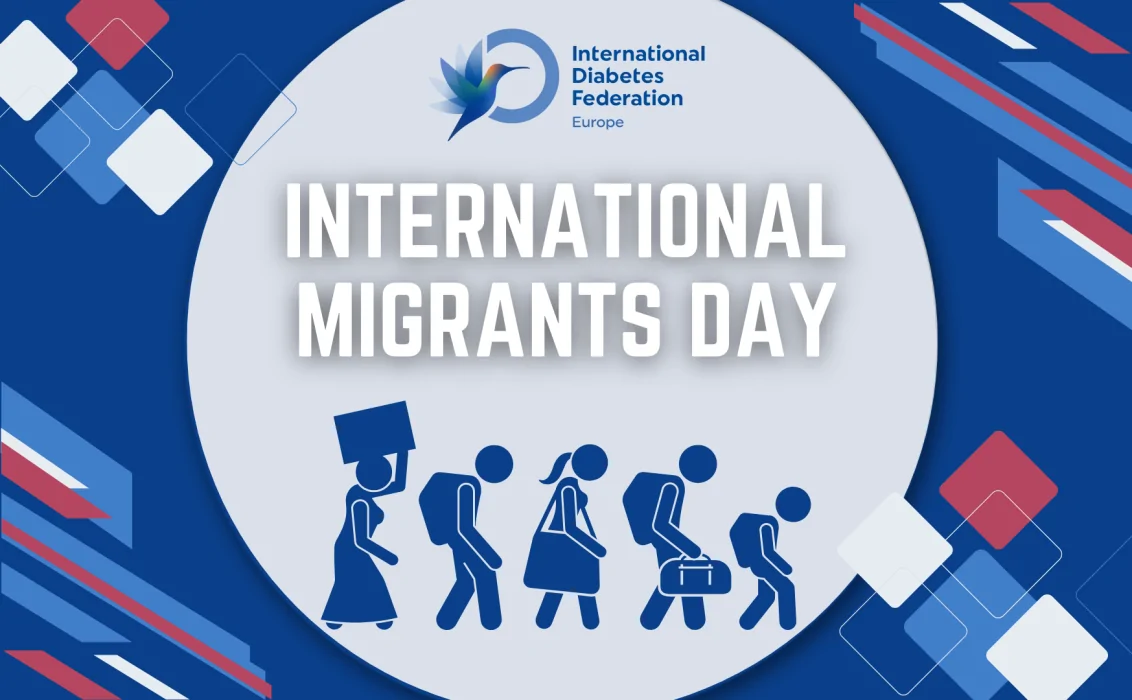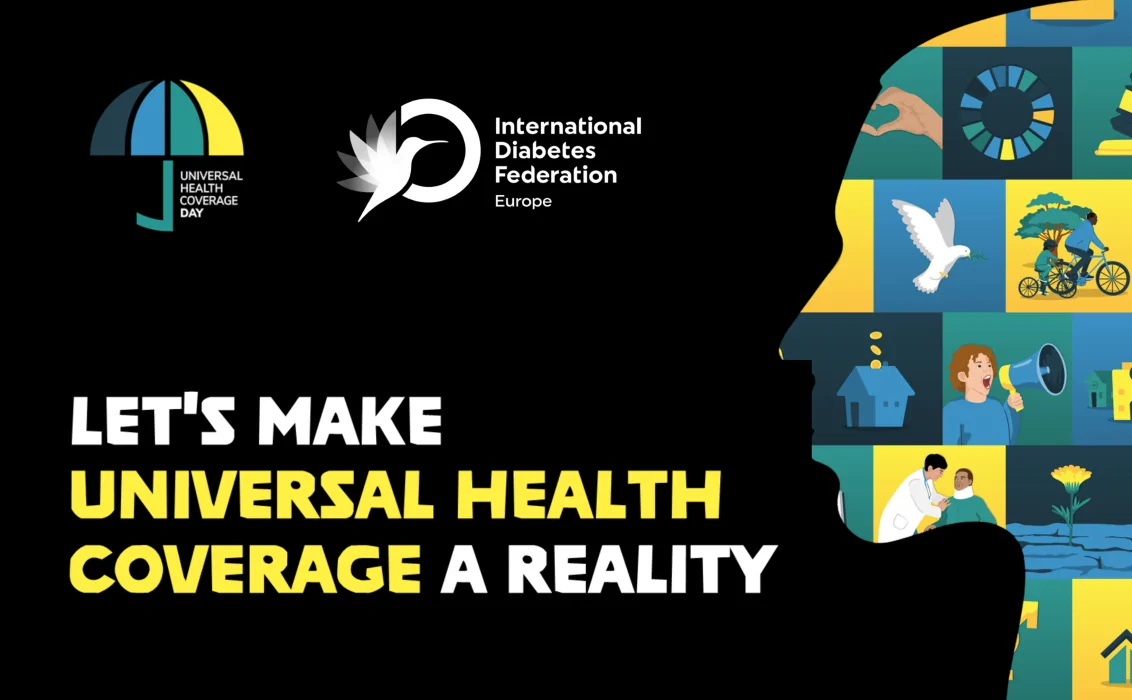From 6 to 9 June, a new European Parliament will be elected for a five-year mandate. In the current permacrisis era, characterised by climate change, armed conflicts, natural disasters and financial instability, these elections represent a pivotal political moment for the European Union (EU), its Member States and its citizens, and only through concerted focus by the European Parliament (EP) can health remain a priority.
Over 2019-2024, the EU faced unprecedented health challenges, notably due to the COVID-19 pandemic. In addition to revealing medicines’ strategic dependencies, the pandemic exposed gaps in health systems’ preparedness, and highlighted the need for greater resilience. This led to calls for the EU to strengthen its efforts in health policies and establish a true European Health Union, capable of protecting all citizens across Europe.
During the last mandate, several health initiatives were initiated by the European Commission (EC) while the EP also demonstrated an increased interest in health. After a landmark Resolution on Diabetes adopted in November 2022, in early 2023, the EP established a dedicated subcommittee focused exclusively on public health issues, the SANT subcommittee. The latter directed its efforts toward various topics, including mental health, medicine shortages and non-communicable diseases (NCDs). Its own-initiative report (INI Report) on NCDs represented a critical step forward in encouraging stronger action on diabetes and other chronic conditions.
The European Beating Cancer Plan was one of the Commission’s flagship health programmes while the EC also initiated the revision of the General Pharmaceutical Law (GPL) and legislation on a European Health Data Space. The European Beating Cancer Plan is a clear example of what can be achieved at European level when pursuing an ambitious strategy. The Commission has, to date, indicated its strong reluctance to initiating similar disease-specific programmes, despite other NCDs such as diabetes being key contributors to premature mortality and low quality of life for many citizens and having a significant impact on health systems’ resilience.
Diabetes, for example, is the root cause of many NCDs and other conditions, such as cancer, cardiovascular diseases (CVDs), kidney and lung diseases. Some 32 million people live with diabetes in the EU, of whom one third are undiagnosed, increasing their risk of developing life-altering complications.
The prevention, management and care of diabetes touch on all aspects of a national health system, making diabetes care a marker of quality, effectiveness, performance and resilience. Effective diabetes prevention and management not only serve to lower the number of people living with diabetes but they also reduce the risk for citizens of developing other conditions.
As a condition whose management and prevention are greatly enhanced by the use of data and digital tools, effective diabetes care also serves to support healthcare systems’ digitalisation, reduces costs and promotes better resource allocation, in addition to keeping people away from healthcare systems, thereby significantly enhancing healthcare systems’ resilience and reducing inequalities.
Although the COVID-19 pandemic elevated health as a priority on the EU political agenda, signs point to this attention fading and being superseded by other matters. The Council’s decision to cut €1 billion from the budget of the EU4 Health Programme is a notable example of this. This is why it will be imperative for all stakeholders to continue highlighting health as a strategic priority for the Union during the new mandate, and for the European Parliament to hold the Commission and Member States to account and ensure they meet their existing commitments, notably the Sustainable Development Goals and the Global Diabetes Compact targets as well as the calls highlighted by the EP’s motion for resolution on prevention, management and better care of diabetes in the EU, which are also summarised in the IDF Europe-WHO Europe’s Joint Declaration urging policymakers to accelerate action to effectively address diabetes prevention, management and care.
IDF Europe strongly encourages all citizens to participate in the democratic process and use their voice by exercising their right to vote. Read more about the voting procedures for the EU elections.



